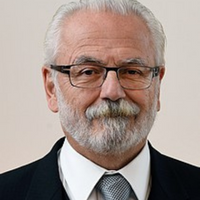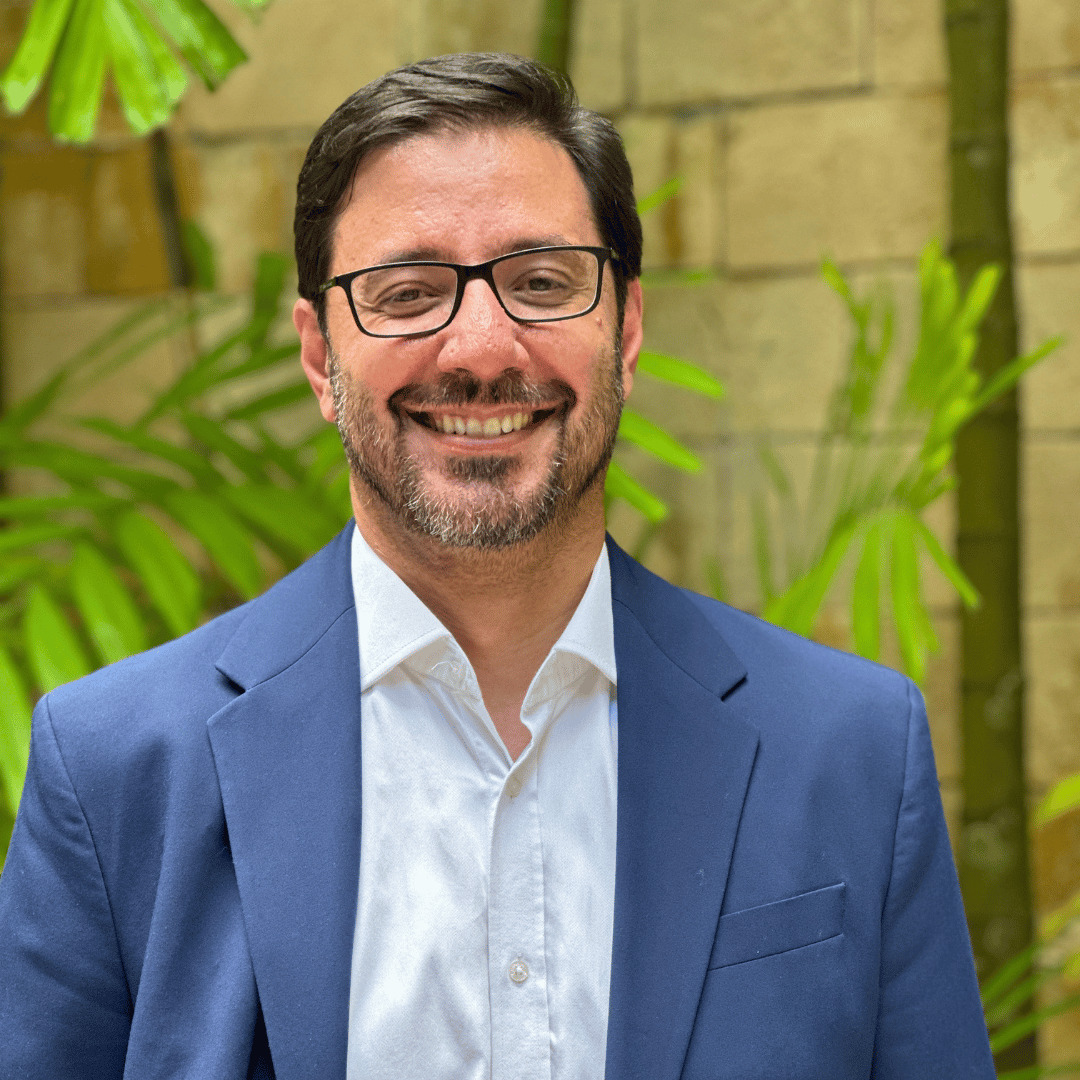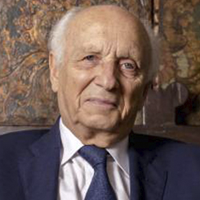Schedule:
June 1st (thursday)
14:00 to 14:15 Opening Remarks
– Anja Czymmeck, Director of the Konrad Adenauer Foundation in Brazil
– José Pio Borges, Chair of the Board of Trustees, Brazilian Center for International Relations
– Ignacio Ybáñez, Ambassador of the European Union to Brazil
14:15 to 15:30 Keynote Speech
Which role for Latin America and Europe in the changing global order?
The world witnesses a global power reorganization in the systemic order. In security terms, what is the main challenge of the new global order? Is it possible to affirm that the great powers rivalry in the current system is intensifying? How should European and Latin American countries position themselves in this scenario?
Carlos Márcio Cozendey, Secretary of Multilateral Political Affairs of the Brazilian Ministry of Foreign Affairs
Javier Garcia Duchini, Minister of National Defense of Uruguay
Bruno Kahl, President of the German Federal Intelligence Service
Enrique Mora, Deputy Secretary General and Political Director of the European External Action Service (EEAS)
Moderator: Leila Sterenberg, Journalist expert in International Politics
15:40 to 16:45 Panel 1
International Organizations facing the Perfect Storm: The Long Road to Global Peace
Faced with the anarchy of the international system, institutions form the basis for crisis management and the search for sustainable peace through the establishment of rules. In light of the loss of efficiency of multilateral institutions, responsible for the proper functioning and stability of the international system, which are the ways to recover international organizations? Are we witnessing the collapse of multilateralism? Are the institutions simple reflections of state power or can they restrain powerful states?
Belén Martínez Carbonell, Managing Director for the Global Agenda and Multilateral Relations of the European External Action Service (EEAS)
Benedetta Berti, Head of Policy Planning at the Office of the Secretary General at the North Atlantic Treaty Organization (NATO)
Amena Yassine, Advisor to the Minister of Foreign Affairs of Brazil
Moderator: Feliciano de Sá Guimarães, Professor at the University of São Paulo (USP) and Academic Director at the Brazilian Center for International Relations (CEBRI)
16:50 to 17:55 Panel 2
Global Economy in Times of War and Strategic Partnerships
Many experts believe that the more international trade there is, the lower the chances of conflict. However, even in a system marked by high economic interdependence, we were not able to avoid a war in the heart of Eurasia. To what extent are economic sanctions effective, given the impact on national and global economies? How do attacks on critical infrastructure impact the economic order? What are the geopolitical and trade benefits of establishing strategic partnerships in times of war? What is the relevance of the Mercosur-European Union Agreement in this scenario?
Veronique Lorenzo, Head of Division for South America of the European External Action Service (EEAS)
Henning Speck, National Security Advisor to the CDU/CSU Parliamentary Group in the German Bundestag
Moderator: Roberto Jaguaribe, Ambassador of Brazil to Germany and Trustee at the Brazilian Center for the International Relations (CEBRI)
June 2nd (friday)
14:05 to 15:20 Panel 3
The Changing Global Order in the Artificial Intelligence Era: Challenges and Perspectives
Several governments have increased investment in Artificial Intelligence (AI). To what extent do the growing rivalries in the international environment impact the development of AI and the negotiations on nuclear non-proliferation agreements? Is it possible to ensure the sovereign development of AI technologies in an unstable international environment? How can we establish regulations that allow technological innovation and that mitigate ethical and moral issues? How can Europe and Latin America respond to this process?
Serap Güler, Member of the Defense Committee for the CDU/CSU Parliamentary Group in the German Bundestag
Juha Heikkilä, Adviser for Artificial Intelligence in the European Commission Directorate-General for Communications Networks, Content and Technology
Miriam Wimmer, Director of the Brazilian National Data Protection Authority (ANPD)
Moderator: Antonio Jorge Ramalho, Professor at the University of Brasília (UnB) and expert in International Security and National Defense
15:25 to 17:00 Panel 4
Systemic Rivalry: Autocracies versus Democracies in International Security?
The world has been experiencing years of years of democratic recession and authoritarian resurgence, with the emergence of new forms of nationalism even in consolidated democracies. Which are the limits of the vision of systemic rivalries that dichotomizes the international system between autocracies and democracies? Which are the impacts of this scenario on international security? How does Latin America position itself in the face of this rivalry in the field of political systems?
Rubens Ricupero, Former Secretary General of the United Nations Conference on Trade and Development (UNCTAD) and Trustee Emeritus at the Brazilian Center for International Relations (CEBRI)
Rasa Jukneviciene, Vice-President of the European Parliament Sub-Comission for Security and Defense
Andrés Malamud, Senior Research Fellow at the Institute of Social Sciences of the University of Lisbon
Moderator: Carlo Masala, Professor at the University of the German Armed Forces



.jpg)
